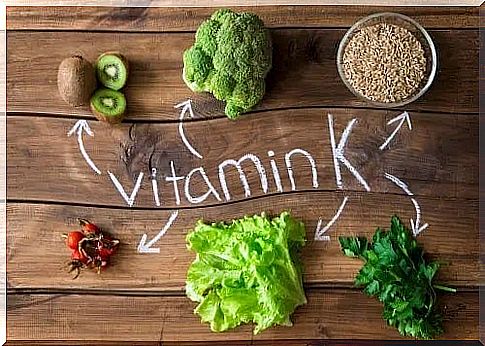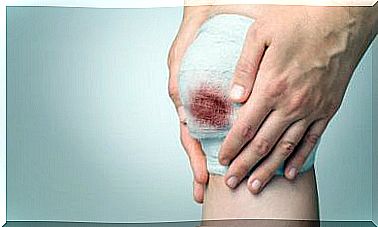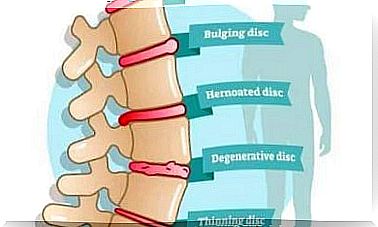What Is Vitamin K And When Is It Recommended?

What is vitamin K? Vitamin K is an essential nutrient that plays an important role in hemolytic balance and a precursor of clotting factors. We will discuss vitamin K in detail below.
What is vitamin K?
Vitamin K, like any other vitamin, is needed in small amounts for the proper functioning and development of the body. This vitamin is a fat-soluble vitamin, which the body stores in small amounts that deplete quickly, which is why we should consume it regularly. However, the body can recycle even small amounts to reuse them.
Also, vitamin K is essential for the proper development of tissues and bones. This is why a vitamin K deficiency can cause bone development problems.
What are the forms of vitamin K?
Foods rich in vitamin K
- Meat
- Cheese
- soy
- Eggs
Lack of vitamin K
Due to the fact that people do not need large amounts of vitamin K, its lack is rare. However, vitamin K deficiency is possible. This is the case with newborns, who may have clotting problems and a tendency to lose blood.
This deficiency occurs in newborns due to the fact that this vitamin does not easily enter the placenta. This is why babies are born with low levels of vitamin K. Also, breast milk does not contain enough amounts of vitamin K. Moreover, the intestinal flora of babies is not yet developed and therefore there are no bacteria to synthesize. this vitamin. Doctors usually give babies vitamin K by injection if they have bleeding problems.
Certain diseases, such as cystic fibrosis, celiac disease or short bowel syndrome can cause a deficiency of vitamin K. This is due to the fact that these disorders cause changes in the rate of intestinal absorption, the amounts of vitamin K absorbed being too small.
Also, treatment with certain medications, such as anticonvulsants or certain antibiotics, can lead to a vitamin K deficiency.
Severe deficiency can lead to bruising and bleeding caused by poor blood clotting. In the worst cases, this could lead to dangerous internal bleeding.
Administration of food supplements

Consumption of blood thinning drugs may require the administration of vitamin K supplements.
Many vitamin complexes can increase vitamin K intake. However, there are also specific supplements. You can also often find vitamin K combined with other nutrients, such as calcium and vitamin D. This is the most common way to administer this nutrient.
However, vitamin K can also be given by intramuscular injection. This is the method of administration chosen for newborns, as it helps reduce the risk of cerebral hemorrhage.
In cases where patients are given anticoagulants such as warfarin, a lack of vitamin K can be particularly dangerous. In such situations, regular blood tests are needed to determine the time the blood clots.









